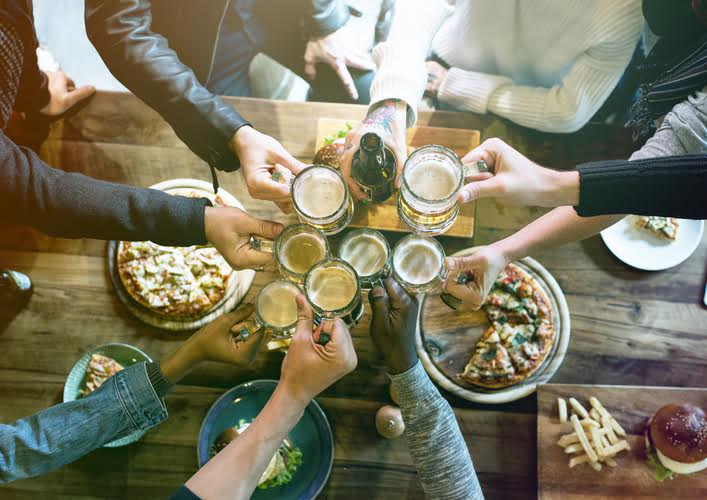In recovery, the brain begins to heal and as it heals, with practice, selfishness and other damaging attitudes begin to fade away. Replacing selfishness with gratitude can be revealed through intentional service to others gratitude in recovery by volunteering, charitable giving and even supporting others in recovery. If you or a loved one is struggling with addiction or co-occurring disorders, call the New England Recovery Center today at MyRehab.
Those with addiction issues, sometimes have maladjusted ways of thinking which become habits. These thoughts, as mentioned, can tend to be negative, always seeing what is wrong and what we don’t want. When we show gratitude towards others we are in relationships with, they too feel better and the relationship can heal and improve. Some studies have shown that when gratitude is expressed in romantic relationships feelings of happiness lasted through the following day. There are many sources of inspiration one can draw on when recovering from substance abuse, and gratitude is the key that unlocks them. Inspiration and motivation work together to support a focus on recovery.
How Gratitude Can Impact Addiction Recovery
A great way to take the focus off yourself and your own difficulties is to help others. Whether you volunteer to bring joy to those in need, practice kindness to someone you love or give generously without expecting to be repaid, these opportunities will fill you with joy. With gratitude on your side, you can be a positive force in the world. Gratitude isn’t just a nice thing to do — it’s a key component to long-term recovery. As you focus on being grateful even when things go wrong, you’ll find that there is still so much you can be thankful for. No matter what your religious or spiritual beliefs, taking some time each day to say thank you to your Higher Power is a great way to cultivate more things to be grateful for in your life.
- It is also about developing gratitude, honesty, responsibility, and other essential life skills that can help you achieve lasting sobriety and healthy living.
- This will not only help you calm your mind but also find things to be grateful for you may overlook.
- When we are optimistic we see good outcomes in even the most trying situations.
- When you cultivate gratitude, you also avoid negative thinking and behaviors.
- If you accomplished something at work, don’t be afraid to pat yourself on the back and let people know how happy it made you.
The great news is that the benefits occur almost immediately with significant impact on your recovery success and overall well-being. One of the simplest and most effective ways to cultivate gratitude regularly is to keep a gratitude journal. They can be big or small, as long as they are meaningful to you.
Support Our Mission
According to the American Psychological Association, gratitude is a sense of happiness and thankfulness when to receiving a gift or experiencing a fortunate event. So much of recovery is helping others who are going through the same struggle. If you acknowledge https://ecosoberhouse.com/article/5-stages-of-alcoholism/ the past and appreciate the journey in a positive, intentional way, you might teach others to do the same. Most everyone has heard the question, “Is the glass half empty or half full? ” this simple question illustrates being grateful and not being grateful.
